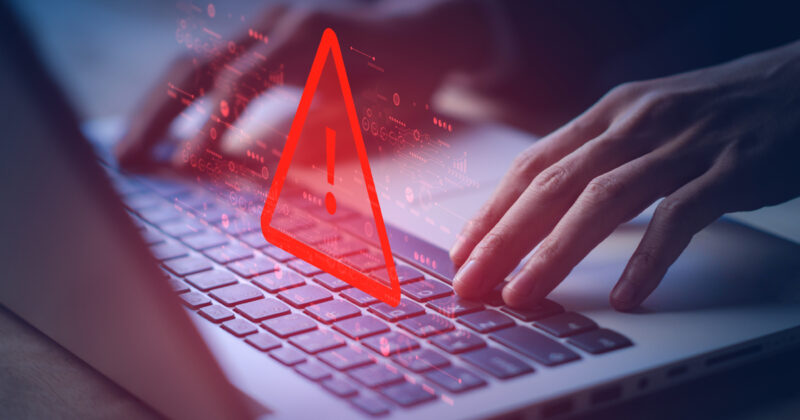What are they and how to avoid them
Phishing scams are a form of cyber-attack where criminals attempt to trick individuals into providing sensitive information, such as passwords, credit card numbers, or personal identification details, by pretending to be legitimate entities. These attacks are typically carried out through emails, text messages, or malicious websites that appear trustworthy but are designed to steal information.
These fraudulent communications often mimic ones from reputable organizations like banks, government agencies, or popular online services. They may create a sense of urgency, warning the recipient about security issues with their accounts or offering enticing deals. These messages often contain links to fraudulent websites that closely resemble legitimate ones, prompting the user to enter their credentials or download malicious software.
To avoid falling victim to phishing scams, individuals should follow several key practices:
- Be cautious with links and attachments: Avoid clicking on links or downloading attachments from unsolicited emails or messages. Hover over links to see the actual URL before clicking, and ensure it matches the legitimate site.
- Verify the sender: Always check the sender’s email address carefully. Scammers often use email addresses that are similar but slightly altered versions of official ones. If in doubt, contact the organization directly using official contact information, not the details provided in the suspicious email.
- Look for red flags: Be wary of emails with spelling or grammatical errors, generic greetings (like “Dear Customer”), or offers that seem too good to be true. Legitimate organizations usually address recipients by name and maintain a professional tone.
- Keep software updated: Regularly update your computer and mobile device software to protect against vulnerabilities that phishing scams may exploit.
By staying vigilant and following these guidelines, individuals can significantly reduce their risk of falling prey to phishing scams. Alpine Bank takes your financial security seriously, additional fraud and prevention resources can be found here.

